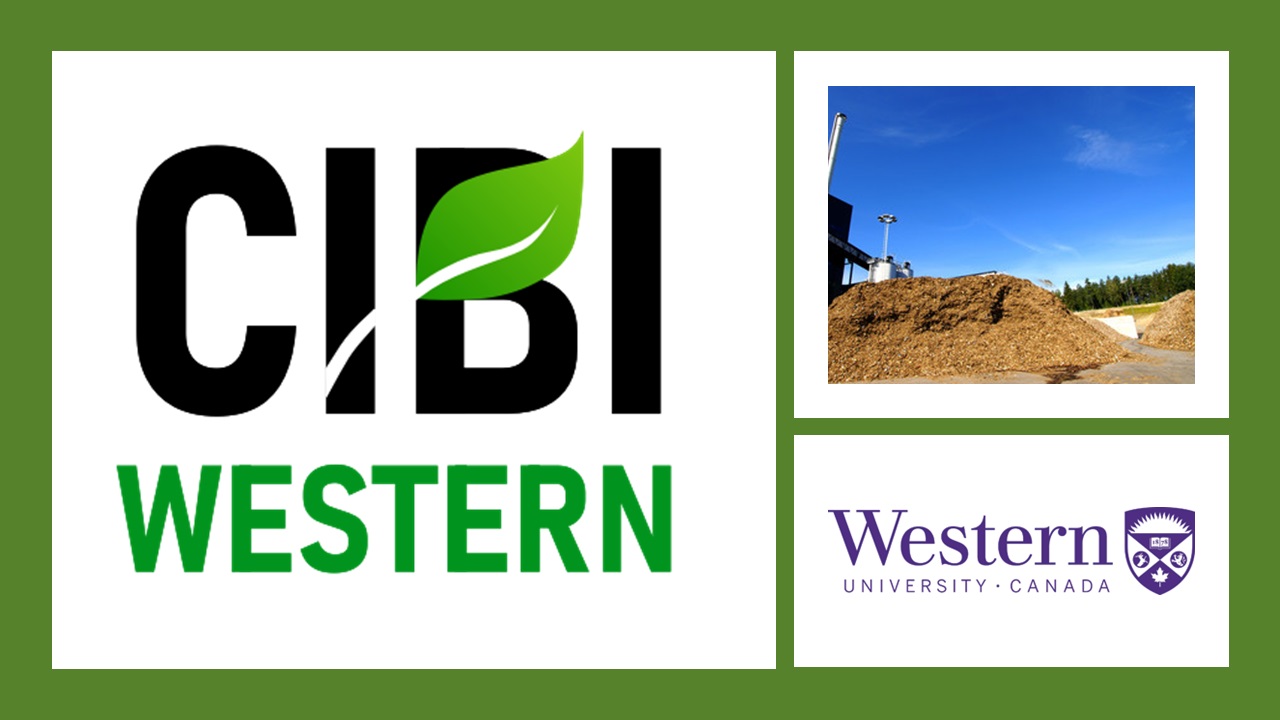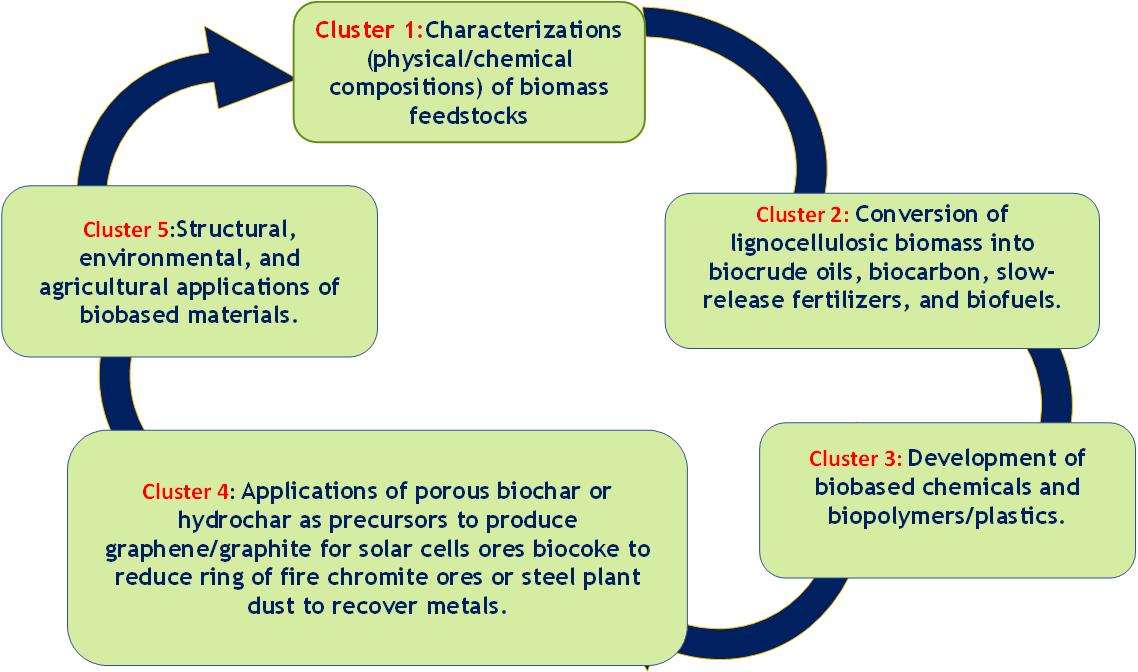About Us

Goals & Mission
To respond to the Government of Canada's commitment to achieve net-zero emissions by 2050 in order to avoid the worst effects of climate change. Western's sustainability strategy aims to create a circular economy by developing green technology and substituting fossil fuel chemicals/materials with bio-products. To drive the lead of Net Zero-emission with innovative technology that increases the opportunities of biomass usage and removes carbon dioxide from the environment. The overall goal is to develop CIBI as an entity of international reputation in producing both bioprocess technologies and bioproducts, making Western a leader in bioproduct innovation.
Motivation & Vision ____________________________
The CIBI will be based at the Institute for Chemicals and Fuels from Alternative Resources (ICFAR), an internationally renowned research institute with excellent research infrastructure and competencies in fundamental and applied research on the conversion of bio-renewable resources and non-conventional oil (oil sands) into energy, fuels, and bioproducts (bio-based chemicals and materials). For sustainable economic development, there are growing interests worldwide in the R&D of bioproducts (in particular, bio-based chemicals and materials) that are currently produced mainly from non-renewable fossil resources. According to “The Technology Roadmap for Plant/Crop-based Renewable Resources 2020” by the Renewables Vision 2020 Executive Steering Group, up to 50% of current chemicals and materials would be derived from the abundantly available bio-renewable resources by 2050, resulting from current and potential scientific and technological breakthroughs in interdisciplinary research including chemical/biochemical engineering, chemistry, biological and materials sciences and engineering. Currently, however, less than 10% of the chemicals and materials are produced from bioresources due to their non-homogenous and complex structural compositions (for instance, agricultural/forestry biomass/residues, as the most abundantly available bioresource, are mainly consisting of cellulose (30-50%), hemicellulose (20-30%) and lignin (20-30%)) and various technical challenges in feedstock conversion, separation, functionalization, and applications of bioproducts in industries. Valorization of bioresources for marketable industrial bioproducts requires interdisciplinary and disruptive approaches, which is the objective of this consortium. The researchers in the consortium are all very accomplished in their respective areas and will provide the impetus required for the implementation of innovative and disruptive technologies.
Cluster Expertise
The team will focus on the development of new technologies for the conversion of bio-renewable resources (agricultural/forestry biomass/residues, MSW, sludge and microalgae, etc.) into high-value marketable industrial bioproducts such as engineered adsorbents, fillers, and catalysts, bio-carbons, bio-graphene, biodegradable/bio-based polymers, and other biomaterials for a variety of industries including chemical, metallurgy, solar cells, packaging, coatings, and industrial fluids, agriculture and greenhouse materials. Five major clusters of investigations areas are planned in the CIBI, as outlined below:





